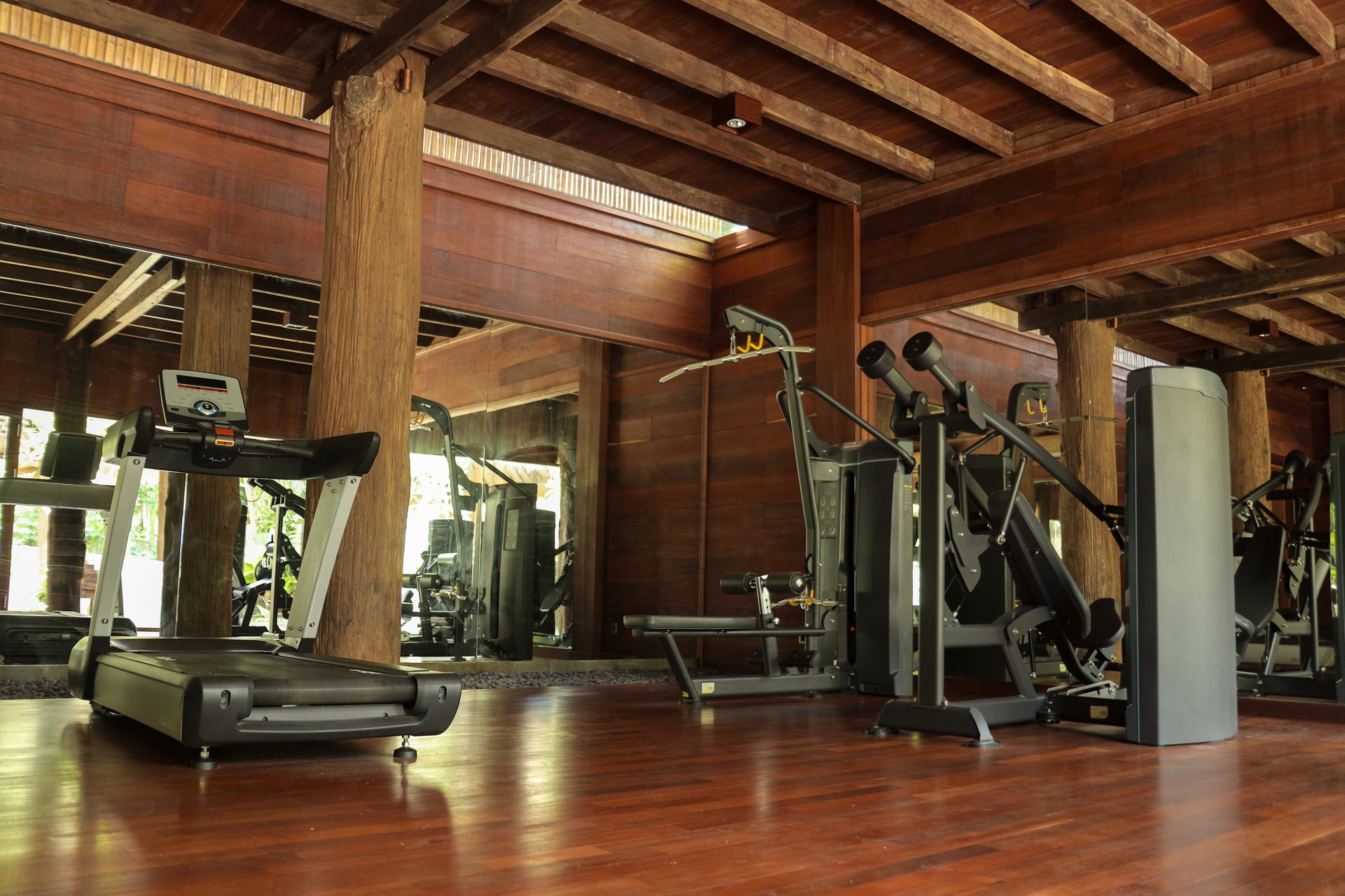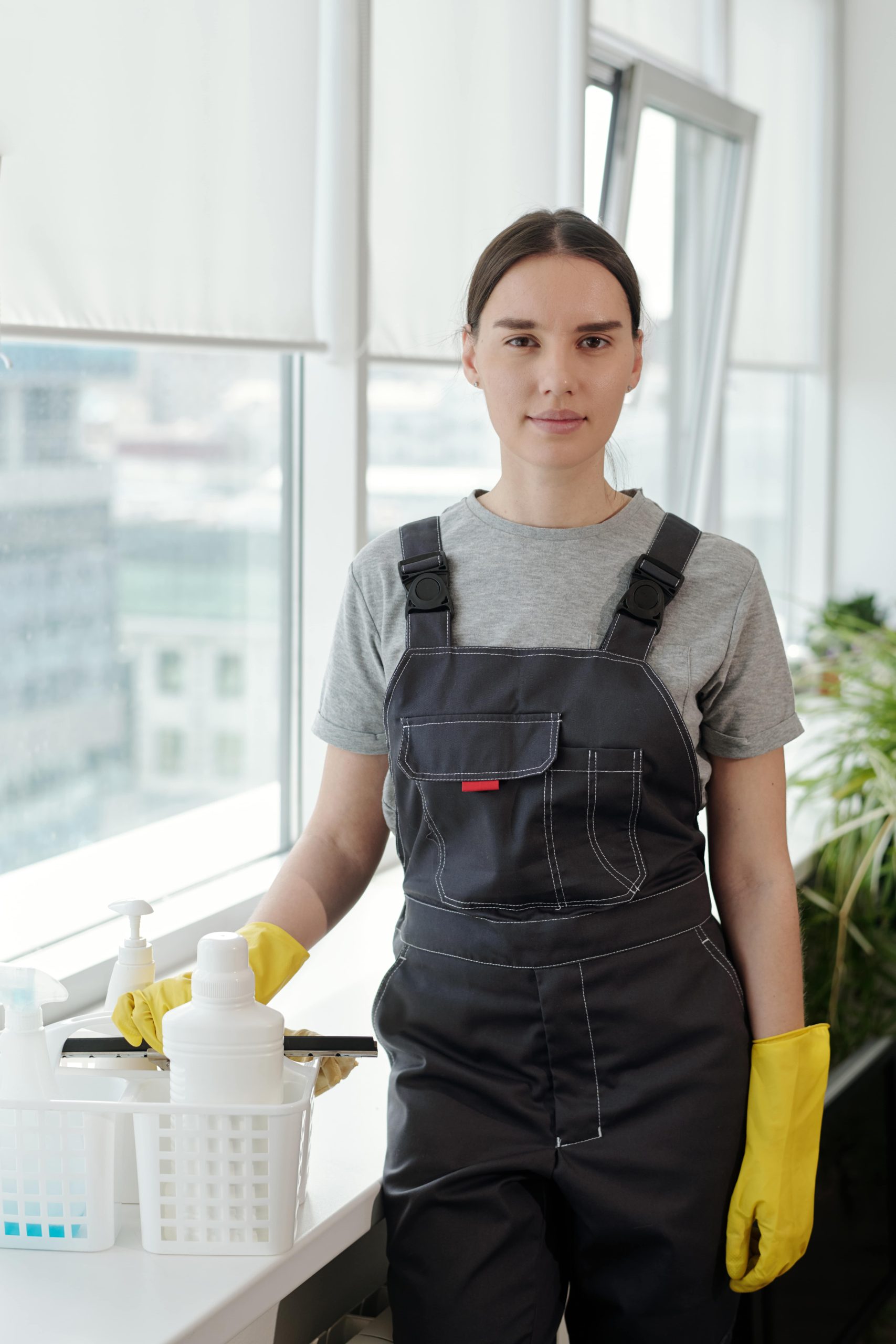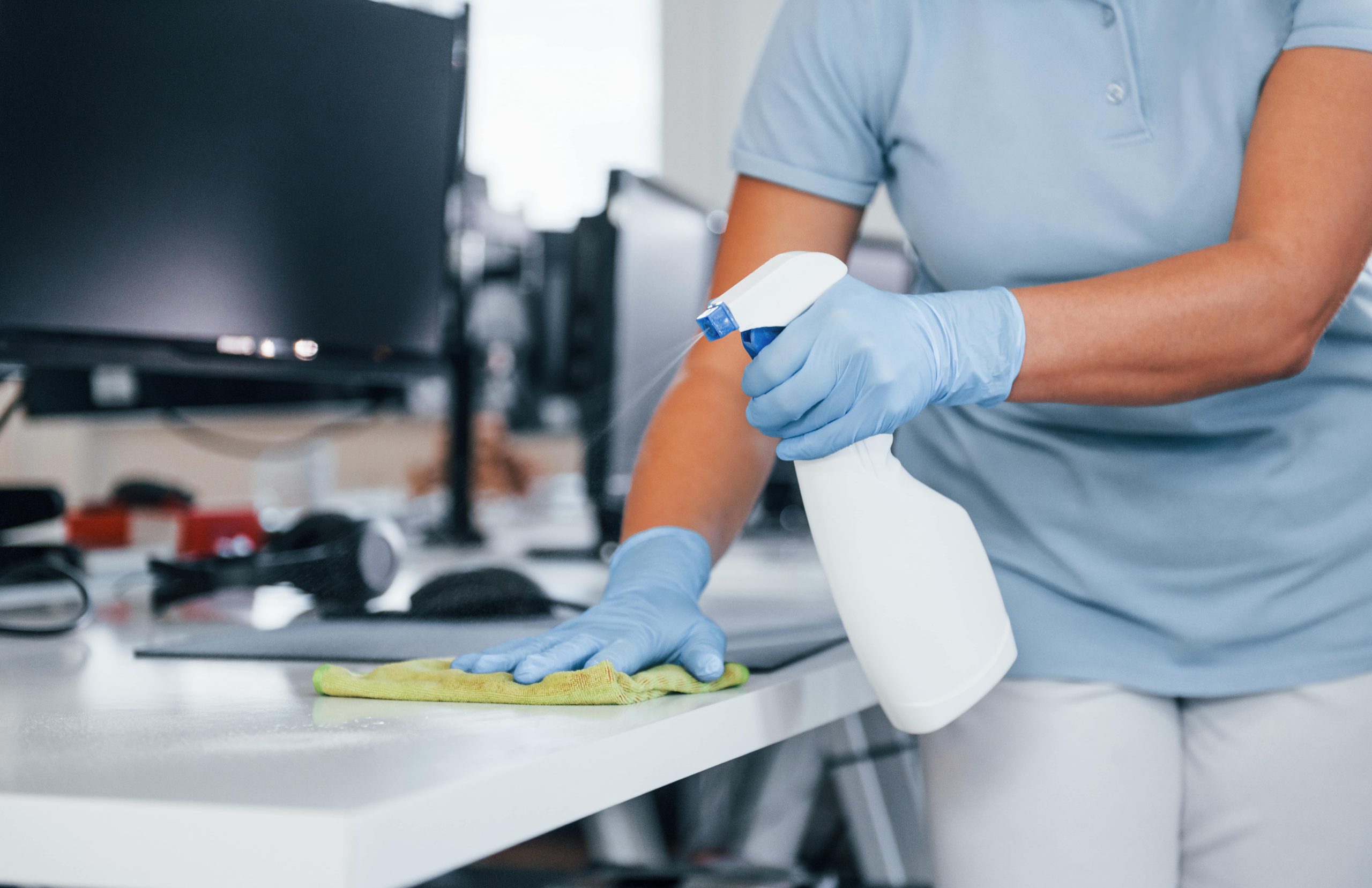High-Touch Surfaces in Gyms That Need Daily Professional Disinfection
Fitness centers are designed to promote health, strength, and well-being. However, without proper cleaning and disinfection, gyms can quickly become environments where bacteria, fungi, and viruses spread easily. The combination of high foot traffic, shared equipment, sweat, and moisture creates ideal conditions for microbial growth. Daily professional disinfection is not optional in a gym setting. It is a critical part of protecting members, staff, and the reputation of the facility. Why Gyms Are High-Risk Environments Gyms differ from offices or retail spaces in one key way: almost every surface is touched repeatedly and exposed to bodily fluids. Sweat, skin cells, and moisture accumulate throughout the day, especially on porous or textured materials. When cleaning is limited to basic wipe-downs or inconsistent routines, harmful microorganisms remain on surfaces long after visible dirt is gone. This increases the risk of skin infections, respiratory issues, and fungal conditions, which can quickly lead to member complaints, cancellations, or health concerns. High-Touch Surfaces That Require Daily Professional Disinfection 1. Exercise Machines Cardio and strength machines are among the most frequently used items in any gym. Handles, adjustment knobs, touchscreens, and seats are touched by dozens or even hundreds of people daily. While members may wipe equipment after use, these wipes rarely provide adequate dwell time or coverage to fully disinfect surfaces. Professional disinfection ensures that all contact points are treated with proper products and techniques that reduce bacterial buildup without damaging equipment. 2. Free Weights and Bars Dumbbells, barbells, kettlebells, and weight plates are constantly handled and often placed on the floor between uses. These items accumulate sweat and microorganisms rapidly, especially in busy training areas. Because of their textured surfaces and frequent handling, free weights require consistent, professional-grade disinfection to prevent cross-contamination between users. 3. Mats and Floor Equipment Yoga mats, stretching mats, foam rollers, and bodyweight training equipment are often overlooked in daily cleaning routines. These surfaces absorb sweat and moisture, making them particularly vulnerable to bacteria and fungi. Improper cleaning can allow odors and microorganisms to linger, creating both health risks and an unpleasant experience for members. 4. Lockers and Locker Rooms Locker handles, benches, doors, and changing areas are among the highest-risk zones in any gym. Warm, humid conditions combined with bare skin contact significantly increase the likelihood of microbial growth. Without daily professional disinfection, locker rooms can become a source of recurring hygiene complaints and negative perceptions, even if the rest of the facility appears clean. The Difference Between Visible Cleaning and True Disinfection A gym can look clean while still harboring harmful microorganisms. Surface-level cleaning removes dirt and sweat, but it does not necessarily eliminate bacteria or fungi. Effective disinfection requires: Correct product selection Proper dilution and application Adequate dwell time Consistent scheduling These are standards typically achieved through professional cleaning services, not informal or member-led cleaning practices. Why Scheduled Professional Disinfection Matters Professional cleaning services provide structured, repeatable processes designed for high-use environments like gyms. Scheduled disinfection ensures that critical areas are treated daily, often after hours, without disrupting operations or member experience. This approach reduces health risks, extends the life of equipment, and supports compliance with general health and safety expectations for fitness facilities. Protect Your Members, Staff, and Brand Cleanliness directly impacts how members perceive a gym. Odors, sticky surfaces, or visibly worn areas signal neglect and reduce trust. In contrast, consistently clean and disinfected facilities communicate professionalism, care, and commitment to health. Gyms that invest in daily professional disinfection are better positioned to retain members, reduce complaints, and protect their brand reputation. Professional Gym Cleaning You Can Rely On USA Commercial Cleaning Services LLC provides specialized commercial cleaning and disinfection services designed for fitness centers and high-traffic facilities. Using professional-grade, eco-friendly products and proven cleaning protocols, services are tailored to the unique needs of gyms, locker rooms, and training areas. Scheduled cleaning plans help ensure that high-touch surfaces are properly disinfected every day, without interfering with business operations. Maintaining a clean gym is not just about appearance. It is about safety, trust, and long-term success. Now is the time to implement a professional cleaning program that meets the demands of a modern fitness facility. Contact USA Commercial Cleaning Services LLC to request a customized cleaning plan designed specifically for your gym.
Read More








